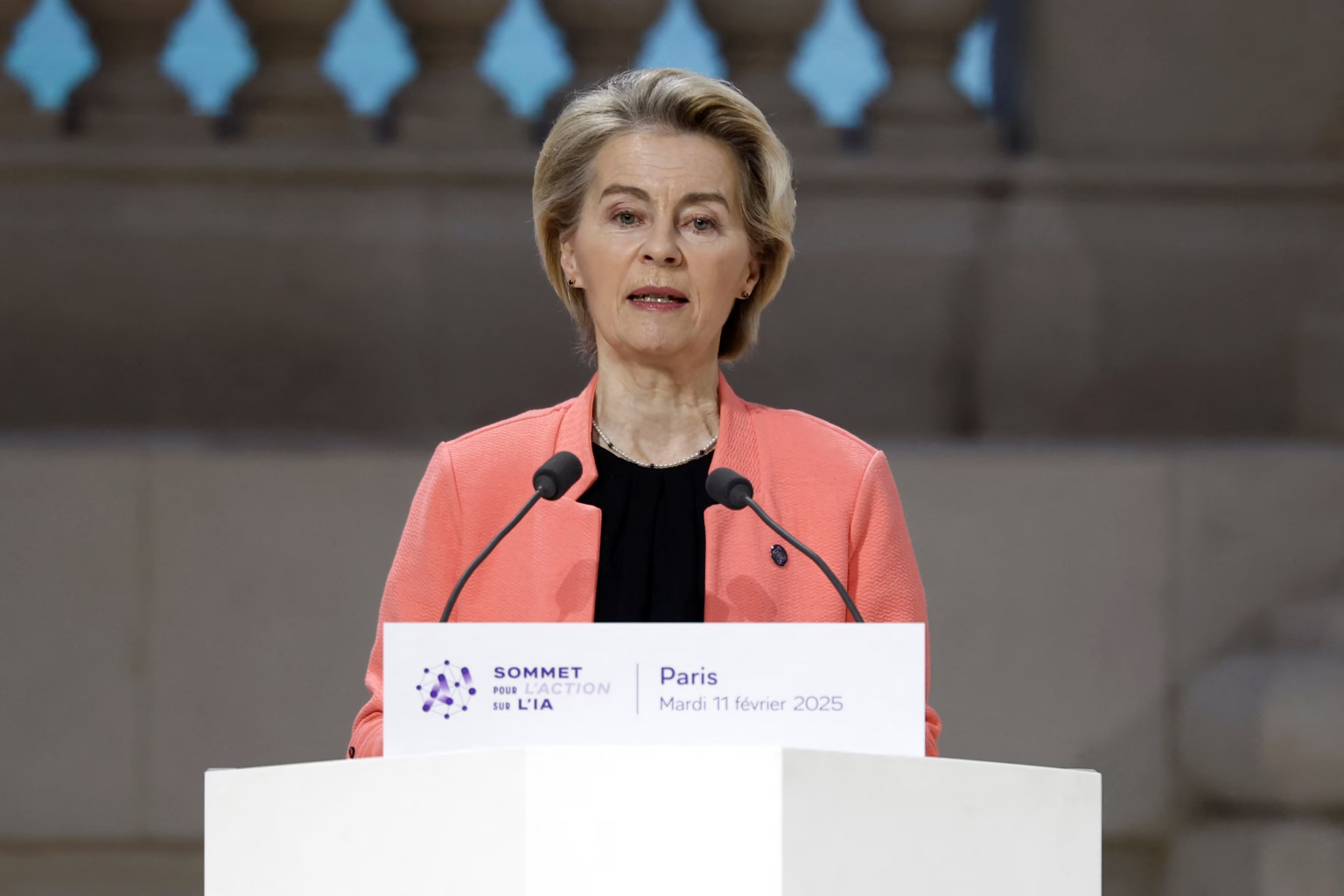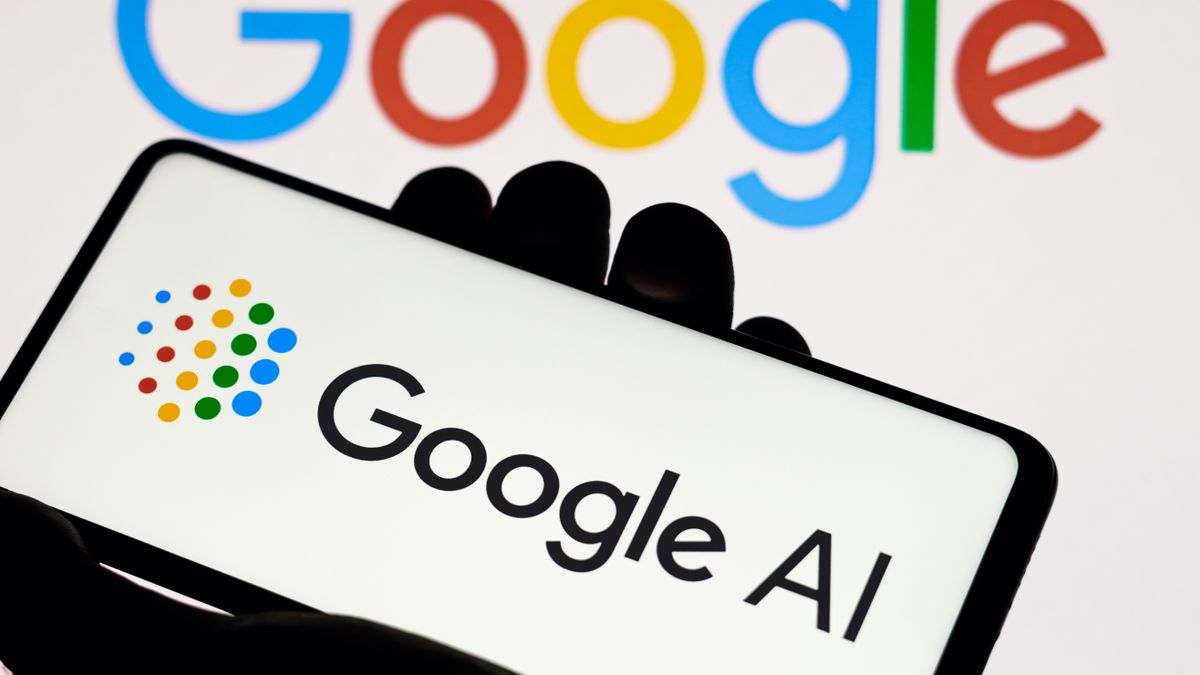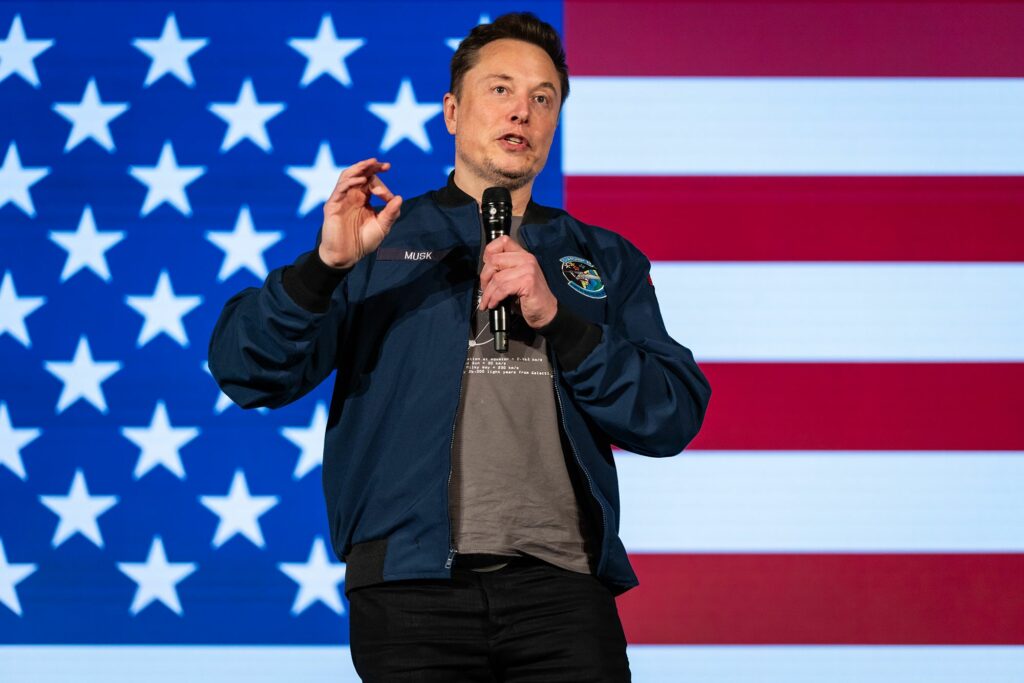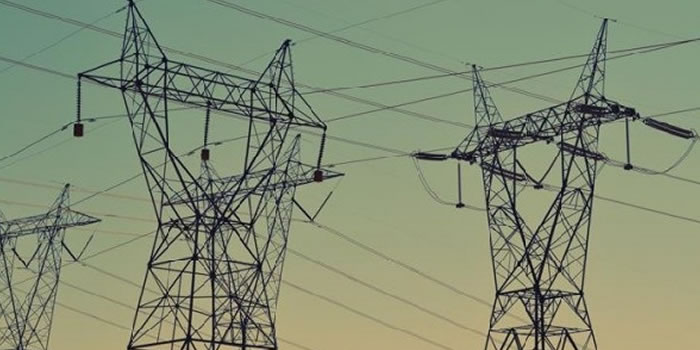In a landmark summit in Paris on Tuesday, the US and the UK declined to append their signatures to an international declaration that seek to make artificial intelligence “inclusive and sustainable”.
The UK government, in a brief statement, said it had not been able to add its name to declaration because of concerns about national security and “global governance.”
Earlier, US Vice President JD Vance told delegates in Paris that too much regulation of artificial intelligence (AI) could “kill a transformative industry just as it’s taking off”.
The US Vice President told world leaders that AI was “an opportunity that the Trump administration will not squander” and said “pro-growth AI policies” should be prioritised over safety.
“We need international regulatory regimes that foster the creation of AI technology rather than strangle it, and we need our European friends, in particular, to look to this new frontier with optimism rather than trepidation.”
“It is one thing to prevent a predator from preying on a child on the internet. And it is something quite different to prevent a grown man or woman from accessing an opinion that the government thinks is misinformation.”
The neglect of such a move by two powerful countries in the world of technology ends hopes for a concerted approach to developing and regulating the technology AI.
A document backed by a number of countries including France, China, India, Japan, Australia and Canada in Paris aims to reduce digital divides by promoting AI accessibility and “ensuring AI is open, inclusive, transparent, ethical, safe, secure and trustworthy, taking into account international frameworks for all” and “making AI sustainable for people and the planet”.
How AI could affect national security and global governance are UK’s cited reasons for not signing the statement. UK government spokesperson said the statement had not gone far enough to addressing those areas.
“We agreed with much of the leaders’ declaration and continue to work closely with our international partners. This is reflected in our signing of agreements on sustainability and cybersecurity today at the Paris AI Action summit,” the spokesperson said. “However, we felt the declaration didn’t provide enough practical clarity on global governance, nor sufficiently address harder questions around national security and the challenge AI poses to it.”
Unlike UK, US’s reasons for snubbing the declaration are yet to be known. There is conspiracy theory of the UK following US’s lead in rejecting the statement. But Keir Starmer’s spokesperson said UK were “not aware of the US reasons or position” on the declaration. A government source rejected the suggestion that Britain was trying to curry favour with the US.
But a Labour MP said: “I think we have little strategic room but to be downstream of the US.” They added that US AI firms could stop engaging with the UK government’s AI Safety Institute, a world-leading research body, if Britain was perceived to be taking an overly restrictive approach to the development of the technology.
Campaign groups criticised the UK’s decision and said it risked damaging its reputation in this area. Andrew Dudfield, the head of AI at Full Fact, said the UK risked “undercutting its hard-won credibility as a world leader for safe, ethical and trustworthy AI innovation” and that there needed to be “bolder government action to protect people from corrosive AI-generated misinformation”.
Gaia Marcus, director of the Ada Lovelace Institute, which focuses on AI research, said the UK’s actions “go against the vital global governance that AI needs.”
The Élysée Palace said more countries might sign the declaration in the hours after the two-day summit.
Vance’s hard-hitting speech, in front of leaders including the French president, Emmanuel Macron, and the Indian prime minister, Narendra Modi, indicated dissatisfaction with the global approach to regulating and developing the technology. UK PM Starmer did not attend the summit, with the tech secretary, Peter Kyle, representing the UK.
Vance, who tripped abroad for the first time as US Vice President, also referred to the risks of partnering with “authoritarian” China though he did not directly mention the country.
Referring to exports of CCTV and 5G equipment – key Chinese tech products – by authoritarian governments, he said there was a cost: “Partnering with such regimes, it never pays off in the long term.”
As the Chinese vice-premier, Zhang Guoqing, sat yards away, Vance added: “Some of us in this room have learned from experience partnering with them means chaining your nation to an authoritarian master that seeks to infiltrate, dig in and seize your information infrastructure. Should a deal seem too good to be true, just remember the old adage that we learned in Silicon Valley, if you aren’t paying for the product: you are the product.”
As the world is digitally evolving, information grounded in science, truth and experience is very essential for healthy life and human sustainability. By that we are very committed to bringing you the latest untouched and Breaking Ghana, Africa and World news, political, health, entertainment, showbiz, business, lifestyle, culture, education, technology and religion insights on Futball Surgery.
We want you to understand that once you have connected to this network, will be receiving or reading breaking international news, news on Ghana and Africa for your well informed and sustainability.
Every essential Ghana, Africa, International news and insights will be sent to you and your family to be informed of and updated about the world.









